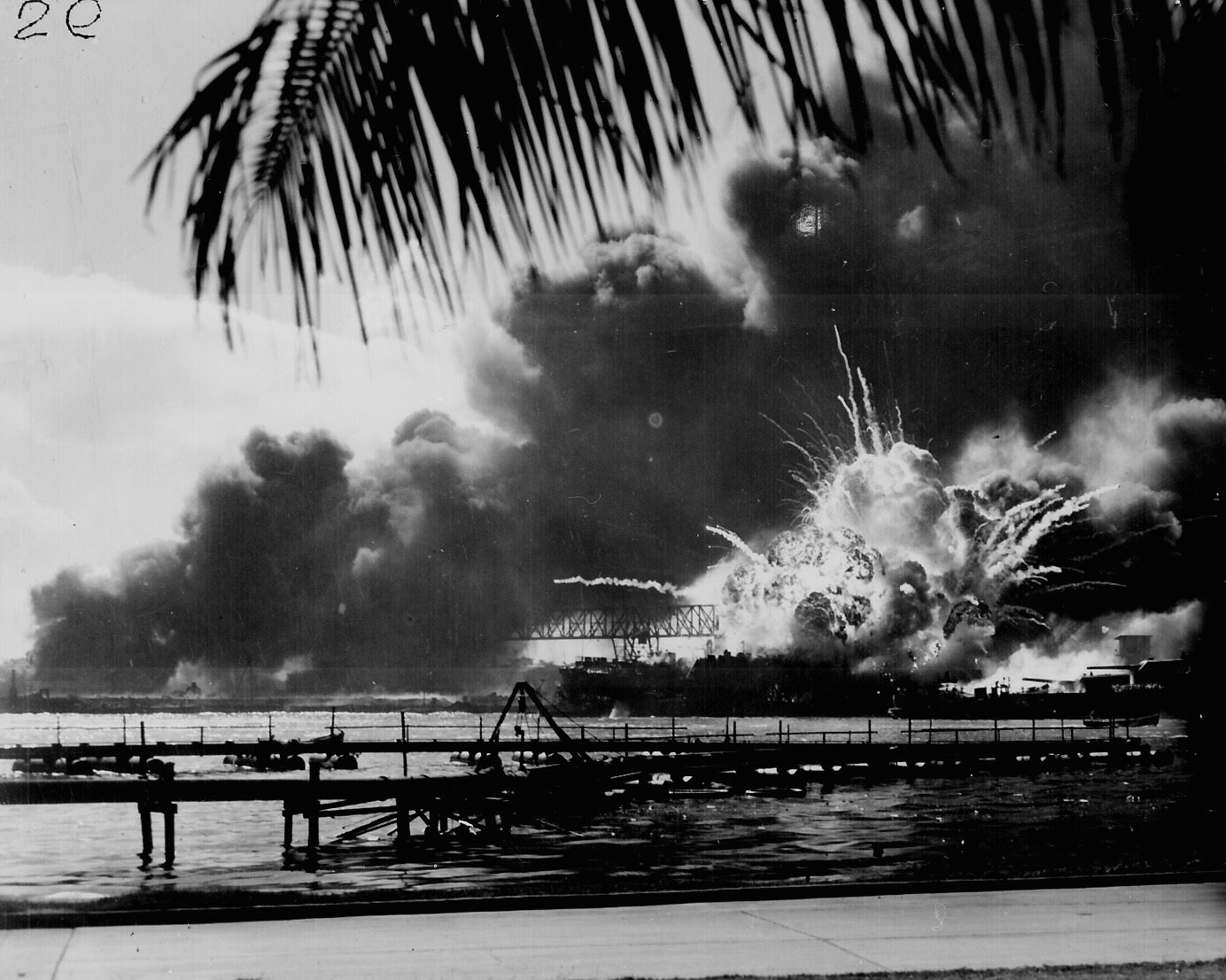
The nation profoundly changed on December 7, 1941, says local author Craig Shirley, but the enormity of the shift in culture, politics and economics is often lost, one more bullet point in a history textbook.
Shirley set about putting readers in a country still beset by the Great Depression, wary of the war raging in Europe and Asia, but happily at peace in the days before the Japanese assault on Hawaii. The day-by-day account in “December 1941” is more than another description of the surprise attack.
“It’s not really about Pearl Harbor — that’s an important day … but this is a book about the month of December, which has never been tackled before,” Shirley said. “It probably shapes up as the most important month in the history of the American public. We’ve had important days … but as far as months go, it so dramatically and shockingly and radically altered America as a country and culture.”
Shirley, who has authored two works on President Ronald Reagan, readily admits most readers will come to the book with some knowledge of Pearl Harbor. Amazon.com brings up nearly 8,000 results on a quick search of the infamous day; a Google query has more than 1 million hits.

But Shirley casts a wider net. There is no central cast of characters in his 544-page tome compiled with a mix of primary sources and scholarly works: the protagonist is the nation itself, he said.
It’s a tale well known to many, but with able prose Shirley ratchets up the tension as the fateful attack looms ever larger, compelling the reader to forget what comes next.
And chronicling the attack itself, Shirley employs terse, staccato paragraphs reminiscent of newswire bursts: a reporter broadcasting the attack live, a Hawaiian flight instructor stumbling into a cloud of circling Japanese fighters, unwitting spectators enjoying a Redskins-Eagles matchup as bombs drop half a continent away.
“[The] entire thirty-one days of December 1941 were memorable, messy, historic, poignant, confusing, inspiring, depressing, and enduring,” Shirley writes in the preface.
Those events lead, eventually, to the birth of a superpower. America, isolationist before the war, would never again take a backseat to international affairs. Women — employed for the war effort — join the American workforce for good. Washington, never considered a seat of world power, became the capital of the free world, Shirley said.
“I think a lot of people have forgotten [the changes that were sparked], which is one of the reasons I wrote it, to remind the reader of what we were like before and after December 7, 1941,” he said. “There’s kind of a tired cliché about the loss of innocence and I suppose that does apply.”
Shirley has a personal connection to the war. His grandfather, then in his mid-40s and “blind as a bat,” tried three times to enlist. His father, too young to serve, collected materials for the effort. An uncle, serving in the navy, was killed in action in January 1945.
He hopes, no matter how knowledgeable the reader, everyone will find something new in the work, released last month by Thomas Nelson.
“It’s just about a very important time in our country’s history,” Shirley said. “These were great, consequential events that are still being felt today.”











